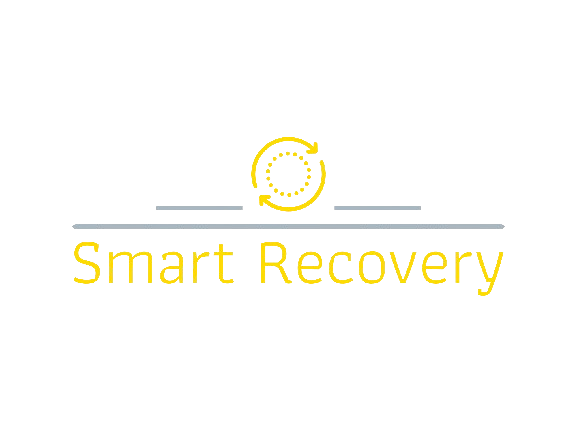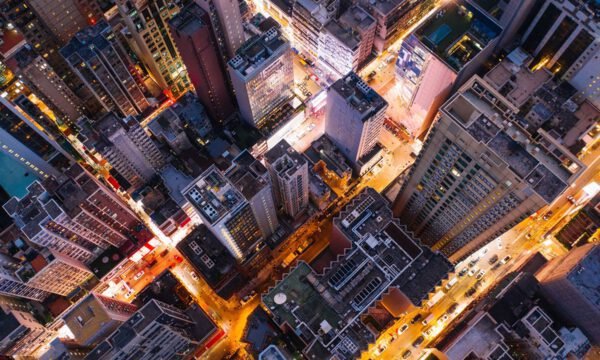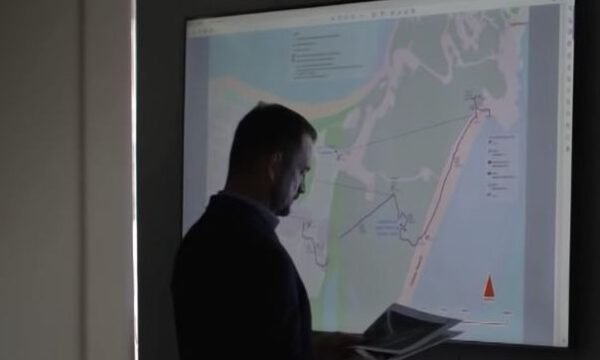Covert Investigation

Covert surveillance services have become an indispensable tool in today’s complex and ever-evolving world. Whether it is law enforcement agencies gathering evidence, corporations protecting their assets, or individuals ensuring their safety, the need for discreet and effective surveillance has never been greater.
With an extensive background of over 35 years in the field of surveillance, Hilfbereich operates on behalf of a diverse range of clients, including individuals, businesses, corporations, foreign governments, and legal firms worldwide.
Whether your objective is to expose criminal misconduct or shed light on suspected wrongdoing, our highly skilled surveillance investigators utilize cutting-edge equipment to lawfully collect evidence for prosecution or gather intelligence to facilitate informed decision-making. Do not hesitate to reach out to us now to uncover the truth and, if necessary, take appropriate legal action.
Introduction to Covert Surveillance Services
Covert surveillance services: the mysterious world of undercover operations and clandestine investigations. These services, often associated with spy movies and secret agents, play a crucial role in gathering information discreetly. Whether it’s for law enforcement, corporate security, or personal protection, covert surveillance services provide a valuable tool for obtaining intelligence and maintaining safety.
Definition and Scope of Covert Surveillance
Covert surveillance, or undercover surveillance, refers to the practice of monitoring individuals, groups, or locations without their knowledge or consent. It involves gathering information discreetly and often involves the use of specialized techniques and tools to remain undetected. The scope of covert surveillance extends across various fields, including law enforcement, corporate security, private investigation, and personal protection.
Types of Covert Surveillance Techniques
Covert surveillance techniques range from classic physical surveillance to cutting-edge digital tools. Here are some commonly used methods:
Physical Surveillance Methods
Physical surveillance involves the discreet monitoring of individuals or locations using human agents. This can include observing suspects in person, tailing vehicles, or setting up covert cameras in strategic positions. Physical surveillance requires skilled operatives who blend seamlessly into their surroundings to avoid suspicion.
Electronic Surveillance Techniques
Electronic surveillance relies on the use of advanced technology to gather information covertly. This includes the use of hidden audio recording devices, video cameras, GPS tracking devices, and other sophisticated equipment. Electronic surveillance allows for remote monitoring and can be especially useful in situations where physical proximity is not feasible or safe.
Digital Surveillance Tools
In the digital age, covert surveillance has expanded to cover the online world. Digital surveillance tools include monitoring social media activities, tracking online communications, and extracting data from electronic devices. With the proliferation of digital footprints, these techniques are essential in investigating cybercrime, gathering evidence, and identifying potential threats.
Applications and Benefits of Covert Surveillance
The applications of covert surveillance are wide-ranging and offer numerous benefits in various fields. Here are some notable examples:
Law Enforcement and Crime Prevention
Covert surveillance plays a vital role in law enforcement by aiding in criminal investigations, monitoring organized crime networks, and preventing potential threats. It helps gather evidence, identify suspects, and track criminal activities, leading to the prevention and prosecution of crimes.
Corporate Security and Industrial Espionage
In the corporate world, covert surveillance is instrumental in protecting company assets, detecting internal fraud, and preventing industrial espionage. It enables businesses to identify potential security risks, gather evidence of wrongdoing, and safeguard sensitive information.
Personal Safety and Protection
For individuals, covert surveillance services offer an extra layer of protection. Whether it’s monitoring suspicious activities around one’s home, tracking the movements of a potentially dangerous individual, or gathering evidence for legal proceedings, covert surveillance can provide peace of mind and ensure personal safety.
Frequently Asked Questions (FAQ)
Covert surveillance operations must adhere to legal frameworks and regulations specific to each jurisdiction. It is essential to consult with legal experts and surveillance service providers who possess a comprehensive understanding of the laws governing surveillance activities in your region.
Maintaining privacy and confidentiality is crucial in covert surveillance. When hiring surveillance services, it is important to work with reputable and trustworthy providers who are committed to maintaining strict confidentiality protocols. Establish clear agreements regarding data handling, storage, and destruction to protect sensitive information.
When choosing a surveillance service provider, consider their reputation, experience, and track record. Ensure they have expertise in the specific type of surveillance required for your situation. Additionally, consider factors such as customization options, flexibility in operations, cost considerations, and the ability to provide comprehensive reports and evidence.
Ethical considerations are crucial in covert surveillance operations. It is essential to strike a balance between the objectives of the surveillance and the privacy rights of individuals. Engage in a thorough assessment of the ethical implications, ensuring that the surveillance is conducted for legitimate and justifiable reasons, and minimize any potential harm or invasion of privacy.





